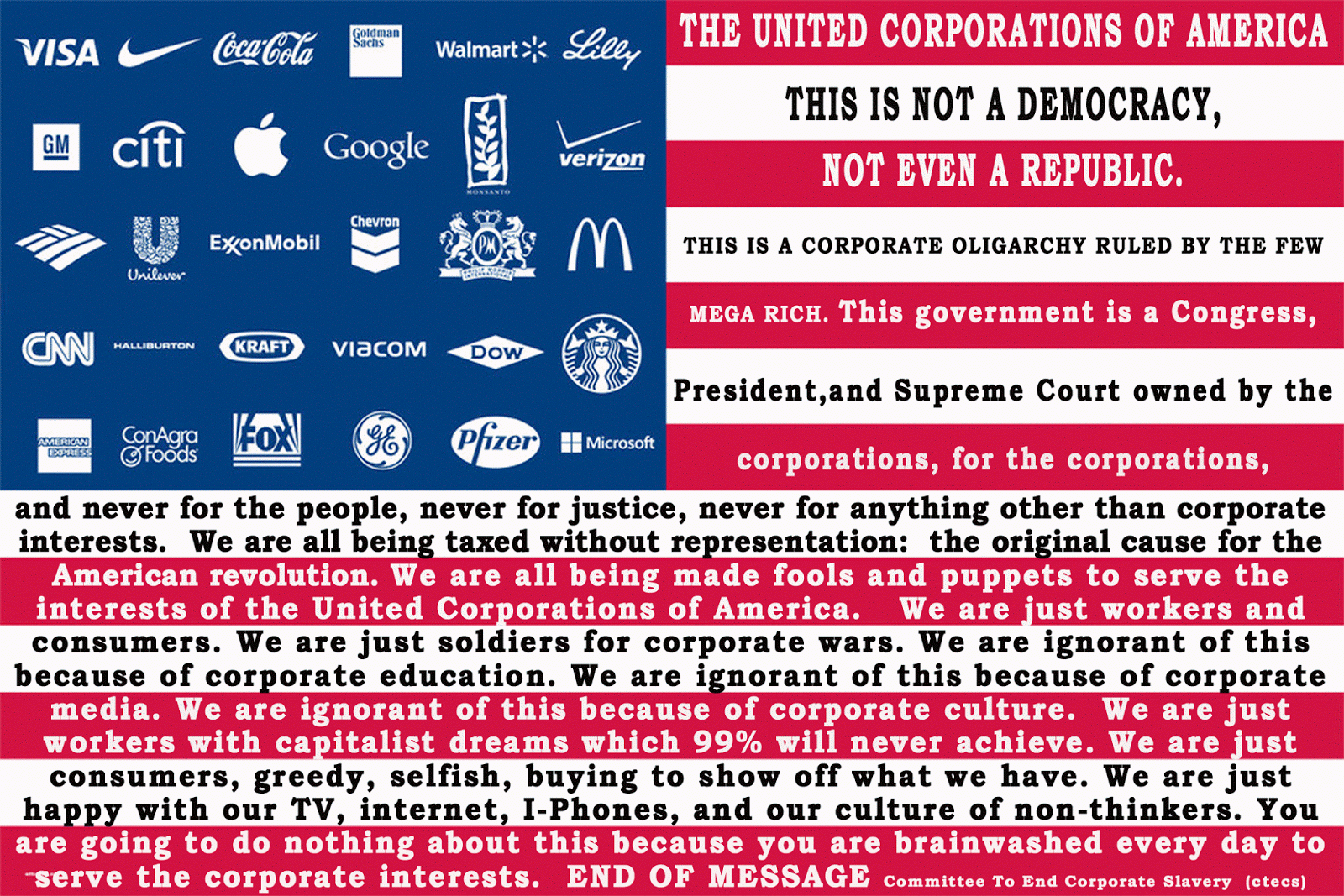Socialists deny that their ambitions are totalitarian. But their stated goals say otherwise. Here's the first paragraph from 'What is Democratic Socialism' on the Democratic Socialists of America's website:
What is Democratic Socialism? - Democratic Socialists of America (DSA)
Democratic socialists believe that both the
economy and
society should be
run democratically—to meet public needs, not to make profits for a few. To achieve a more just society, many structures of our government and economy must be radically transformed through greater economic and social democracy so that ordinary Americans can participate in the many decisions that affect our lives.
They want the economy, and society, to be "run" democratically. Think about that. What else is left? What else is beyond their control if they run the economy and society?
